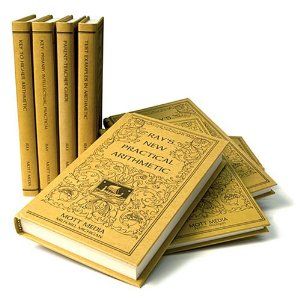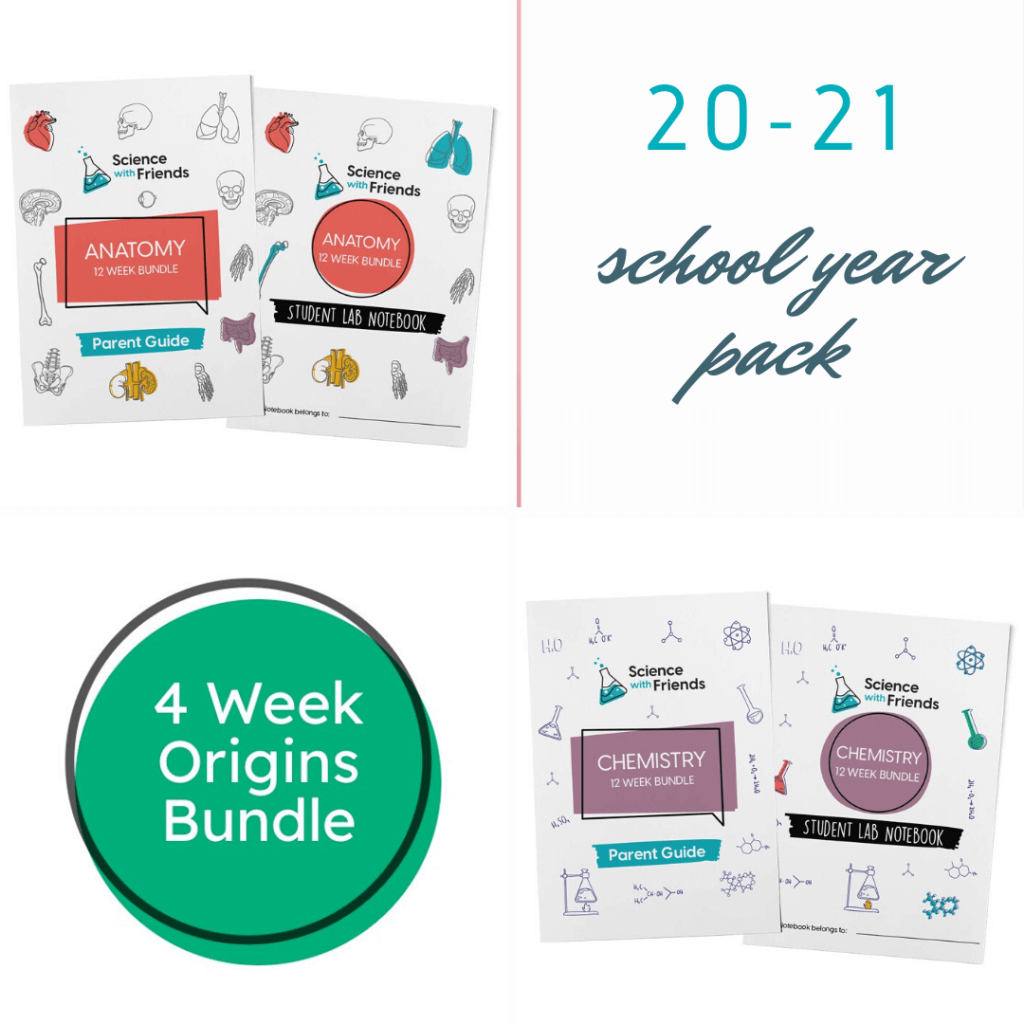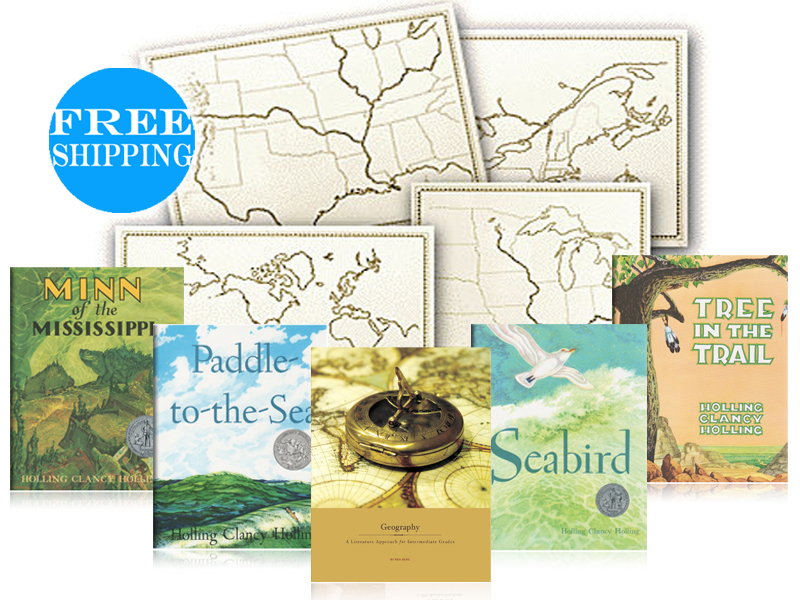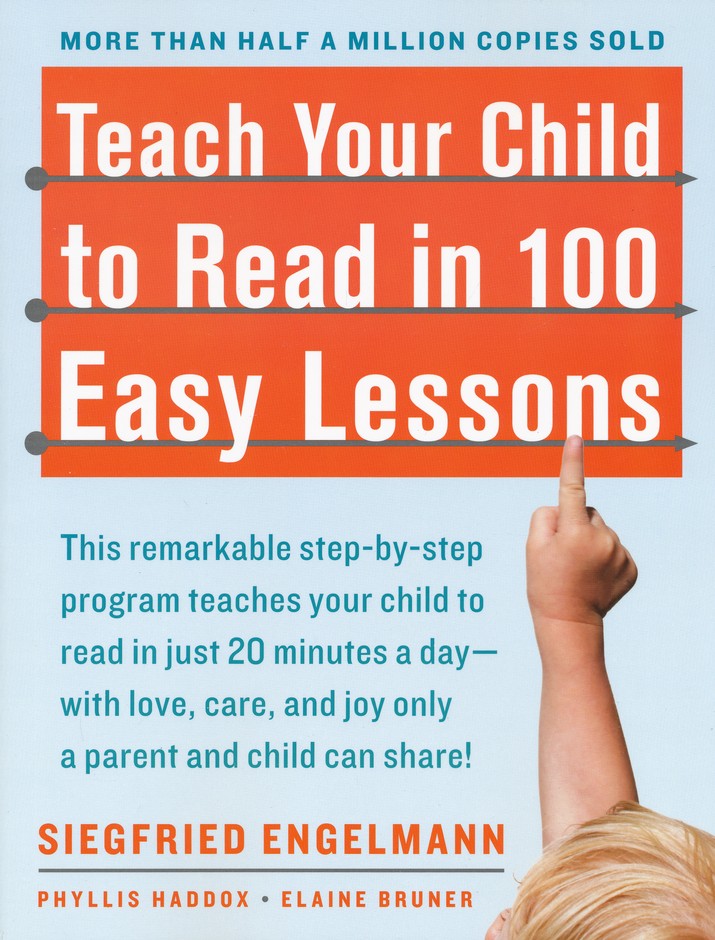Links may direct to affiliate sites. Purchases made through these links support our family’s work in spreading the Gospel to unreached areas.
This week, I’m sharing my curriculum and book choices for the upcoming year. Each day will focus on selections for one of my five homeschoolers. Today’s selections are for Jude, my howisitpossiblehe’sakindergartener? kindergartener. While Classical Conversations has a general policy of all children on campus being enrolled in Foundations when they’re four, we were able to wait for what we felt was a more developmentally appropriate five before signing him up simply by having him stay home with Daddy or big brother Jack on community days. As such, this will be Jude’s first year of Foundations and first-ever classroom experience. (We don’t do Sunday School, etc.) He’s already got it all figured out, from asserting that he will use his whole name (there’s another Jude that will be in his class) to knowing exactly what his first presentation will be on (Sgt. Alvin C. York). Jude Timothy Jude has spent the first five years of his life in his own form of daily education, living out Charlotte Mason’s assertation that, “Children are born with all the curiosity they will ever need. It will last a lifetime if they are fed upon a daily diet of ideas.” This year, he dips his toes into a more formal setting!

Foundations— Timothy Jude will begin his Foundations career as an Abecedarian. This is the youngest age grouping for Foundations, and one that I believe takes a very special tutor. We are blessed to have a mom in our community who is fabulous with this age group, and has what it takes to herd kittens while simultaneously prioritizing fun over formality. Jude has followed along with our memory work for years, and I don’t expect any real change there for him; he will continue to learn the material at his own level and provide me with a whole wall of fantastic artistic interpretations of what he’s soaking in. This year, I’ll offer him the option of tracing the sentences if he chooses, but there will be no pressure to begin writing on his own. He’ll also continue to be part of our Morning Basket time. My primary focus in school for elementary-aged children is developing the habits Charlotte Mason describes, and while I try to foster those habits in all of my children as we go about our days, Jude’s learning this year will be specifically crafted around the quote “The habits of the child produce the character of the man,” (or in his case, the student of the next 12 years).
Math— As it turns out, I think I have another kiddo on my hands who just gets math. Having already graduated two kids who never needed scratch paper for anything less than trigonometry, I am attuned to the signs, and I suspect this one has the same bent. Jude asked for a CTC Math account earlier this year and since there’s no limit on how many kids you can add, I said, “Why not?” I already knew from our Family Math games that he had a solid handle on concepts advanced for his age, such as place value, symmetry, and simple operations. What I learned from sitting alongside him while he raced through the kindergarten lesson plans is that he can manipulate geometry in his head, already skip counts, and understands the “solving for x” concept of Algebra. So, yeah. We’ll continue on with our math games, and we’ll begin Ray’s Arithmetic as an oral exercise a few times a week, because he will find it fun.

Science— The Learning With Friends 20/21 Science School Year Pack says that its activities are designed for ages 6-12, but scaling suggestions are included. A quick look through the projects tells me why— they are very detailed and designed for kids to really get their hands into science, something that can be tricky when you’re still developing fine motor control. The information for each week offers a lot as well, but my experience has been that a) younger kids pick up way more than we realize when given access to learning that’s not given the “simplified” treatment and b) the homeschooling cycle of exposure, discussion, rumination, more discussion is especially powerful when applied to history, science, and other topics that start as littler kernels of information and grow into trees of knowledge. All that being said, I definitely plan to fold Jude into our regular science lessons, while still encouraging him to keep exploring and discovering through the natural world around him. I absolutely believe that Jude (well, all of us) need to be spending many hours each day immersed in the world outside the walls of our home, observing through all of our senses and gaining a knowledge of nature that is not merely academic, but also intimate. That will continue to be his primary focus for science!

History— The Foundations history sentences are great little nuggets of learning for Abecedarians to tuck away, and provide plenty of fodder for imaginative adventures, dress up, and more. Since Jude will encounter American history again in a few years, my focus for him is on great stories. Picture books will be his primary method of exposure, and you can bet that the older siblings will gather ’round, too. I’ll be utilizing our library extensively, and also leaning on these excellent family favorites:
Tapenum’s Day (by Kate Waters)
Sarah Morton’s Day (by Kate Waters)
Samuel Eaton’s Day (by Kate Waters)
The Pilgrims of Plimoth (by Marcia Sewell)
Paul Revere’s Ride (by Henry Wordsworth Longfellow)
A Picture Book of Davy Crockett (by David Adler)
Apples to Oregon (by Deborah Hopkinson)
Three Names (by Patricia MacLachlan)
The Boy Who Drew Birds (by Jacqueline Davies)
Leif the Lucky (by Ingri d’Aulaire)
Pocahontas (by Ingri d’Aulaire)
Benjamin Franklin (by Ingri d’Aulaire)
George Washington (by Ingri d’Aulaire)
Pink and Say (by Patricia Polacco)
Abe Lincoln Crosses a Creek (by Deborah Hopkinson)
The Man Who Walked Between the Towers (by Mordicai Gerstein)
Henry’s Freedom Box (by Ellen Levine)
Louisa May’s Battle (by Kathleen Krull)
Moses: When Harriet Tubman Led Her People to Freedom (by Carole Boston Weatherford)
The Man Who Loved Libraries: The Story of Andrew Carnegie (by Andrew Larsen)
To Dare Mighty Things: The Life of Teddy Roosevelt (by Doreen Rappaport)
They Were Strong and Good (by Robert Lawson)
Christmas in the Trenches (by John McCutcheon)
Geography— I have a feeling that the most exciting part of Jude’s school year will be our trip through Beautiful Feet’s Geography Through Literature pack. Having his own maps to watercolor, and following along with the meanderings of a carved canoe through time and so many hands, or witnessing a cottonwood tree’s account as it stands by the Santa Fe Trail during tribal wars, conquering Spainards, French fur traders… he’s going to love it. It’s got all the makings of adventure that a kindergartener needs, and he might just gain a deeper understanding of the geography of the U.S. to boot.

Bible— Jude will join us for our daily Bible reading, and will have plenty of opportunities to be exposed to the basics of faith through simple stories and lots of conversation. My goal at this age is the constant repetition and reinforcement of the motto:
I am . . . a child of God, a gift to my parents and my country. I’m a person of great value because God made me.
I can . . . do all things through Christ who strengthens me. God has made me able to do everything required of me.
I ought . . . to do my duty to obey God, to submit to my parents and everyone in authority over me, to be of service to others, and to keep myself healthy with proper food and rest so my body is ready to serve.
I will . . . resolve to keep a watch over my thoughts and choose what’s right even if it’s not what I want.
(see: AmblesideOnline’s excellent page on the Students’ Motto)
Reading— After sharing the specifics of Jude’s pre-reading assessment with my cousin, an Orton-Gillingham tutor, and getting her professional green light, I’m going ahead and pulling out my tattered copy of Teach Your Child to Read in 100 Easy Lessons for a final go. We’ll work through it casually— unless he’s one of those kids who simply has to learn how to read like, yesterday. Most of my children have been content to continue to be exposed to rich literature while adding to their own reading skills in measured steps, but a few have needed the independence to tackle great books on their own right away. That’s one of the reasons why I love this book so much; it is flexible, offering a down-and-dirty git ‘er done approach, or a more gentle track should you choose.

Thank you so much for joining me this week for my curriculum picks. If you’d like any more information about what I’ve chosen or why, send me a message!